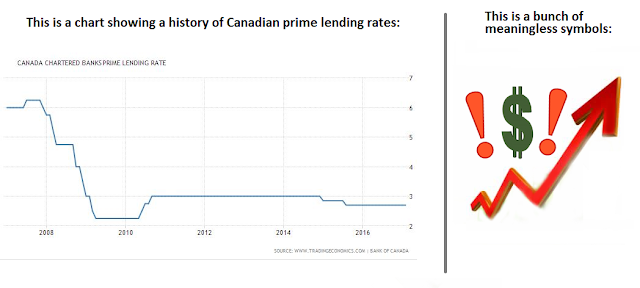How To Earn More On Your Savings:
Just like a mortgage, the small differences in interest rates from one option to the next won't make a huge difference month to month. Over several years though, it can add up substantially! Example of a savings return of .20% vs 2.00% interest: Say you started with $10,000 in savings, plus you deposited an extra $200 each month. At .20% interest you'd earn an extra $172.59 after 5 years (...wow). At 2.00% interest you would earn an extra $1,780.30 in same 5 years. This is simply by doing the same thing you were already doing at your current bank but, you'll get back an extra $1,607. In a little more than 10 years it would turn into an extra $5,000. This is also partly thanks to compound interest . The thing is, if you've built up a savings account, you've worked hard for it so you'd be silly to not make your money continue to work hard for you. I would agree that finding the best place to invest your money may be tou...



